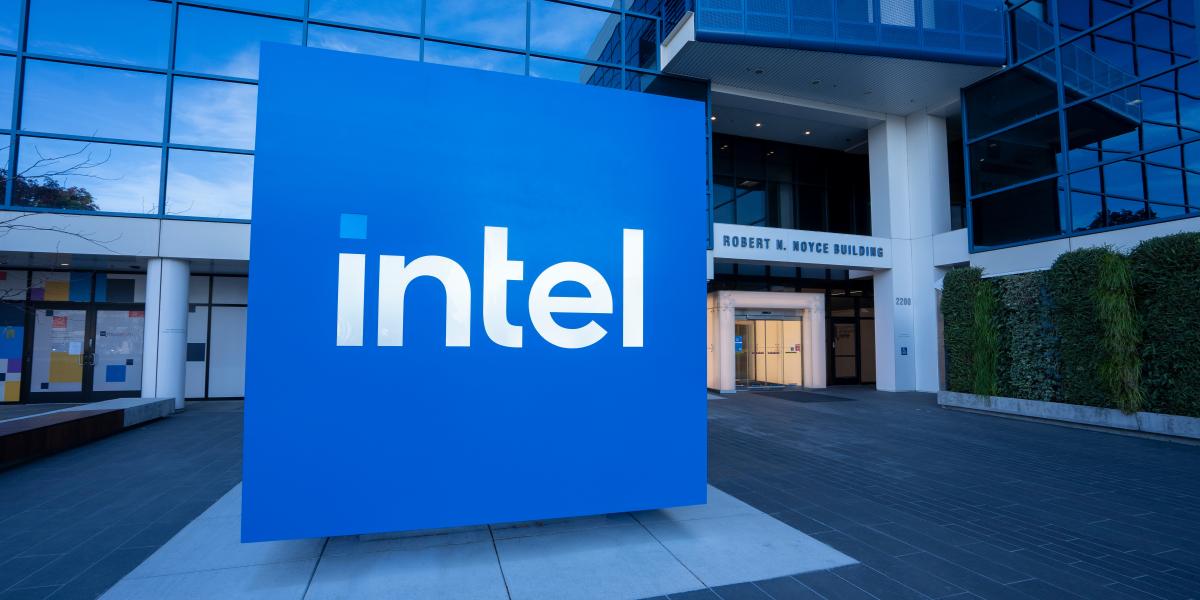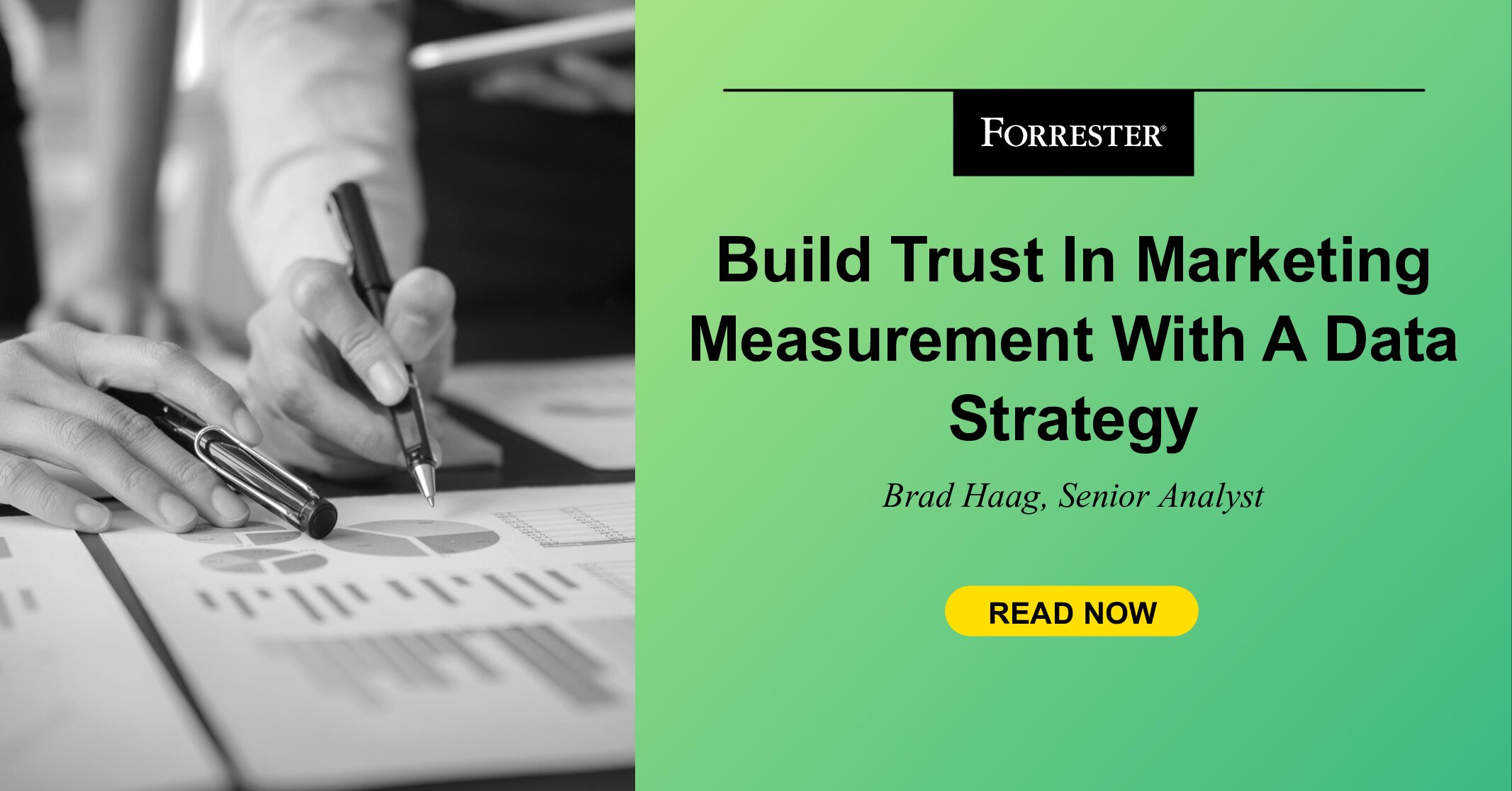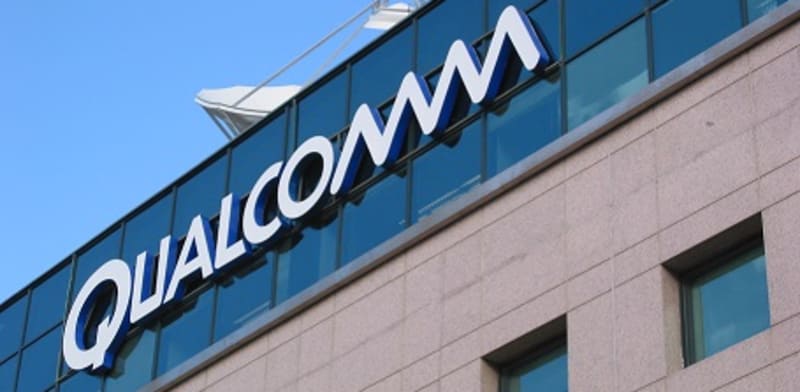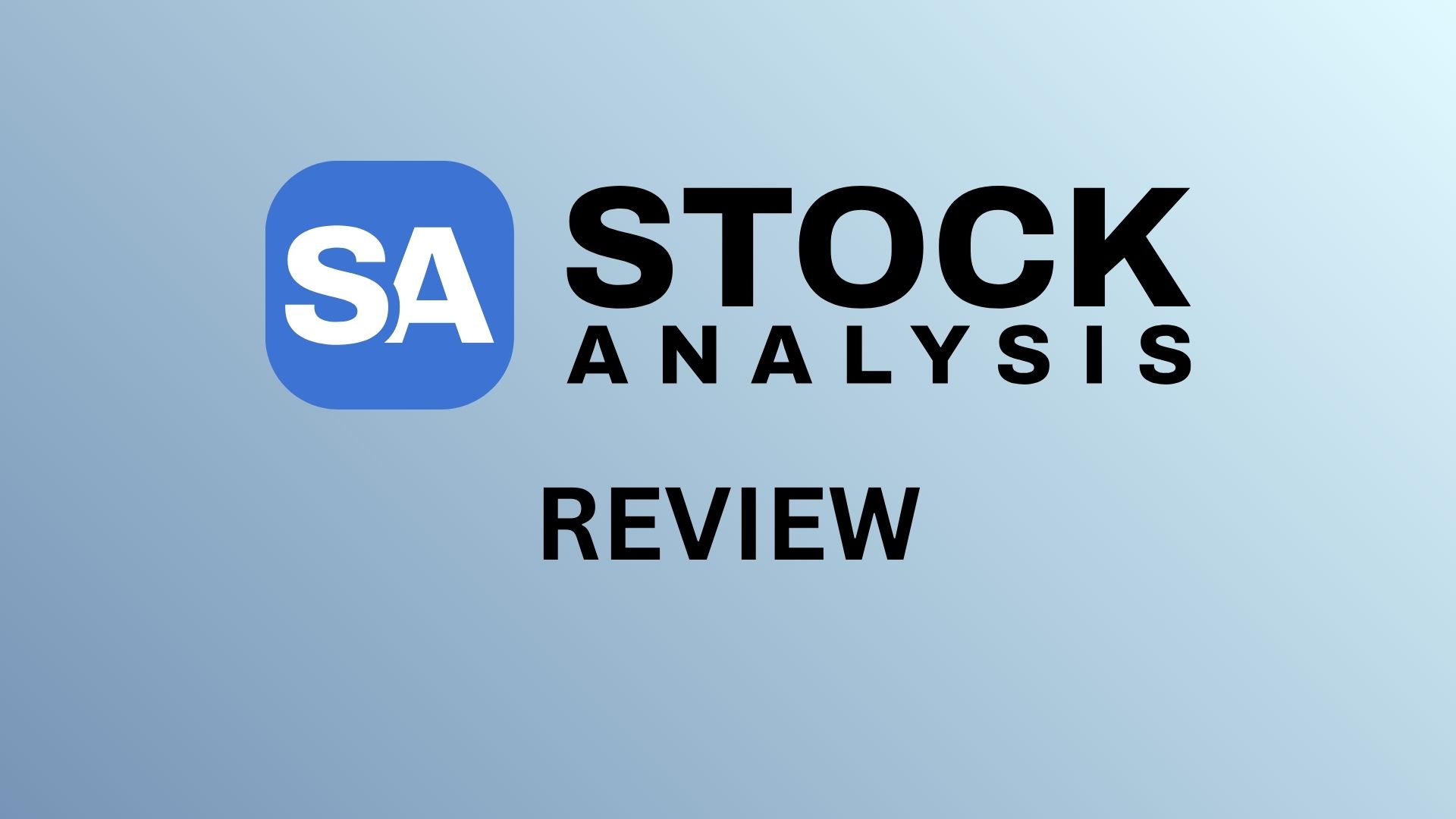One morning, earlier this month, Trump was watching the Fox Business show Mornings with Maria when the show’s host, Maria Bartiromo, mentioned some “concerns” Republican China hawks had had about possible connections between Intel CEO Lip-Bu Tan and the Chinese military. Five minutes later, the president sent out a post demanding that Tan step down “immediately.”
The demand sent Intel’s executives into a panic. The company had already been struggling, and getting on the president’s bad side was the last thing it needed. Intel leaders immediately contacted the White House to set up a meeting. Three days later, Tan flew to Washington and sat down with Trump, Commerce Secretary Howard Lutnick, and Treasury Secretary Scott Bessent.
In the meeting, Tan made the case that he wasn’t a Chinese spy and argued that the financial health of Intel was crucial for both the strength of the American economy and for US national security.
Trump was apparently persuaded and agreed to withdraw his demand for Tan to step down. But in exchange, he asked for a ten percent equity share in Intel. Tan agreed.
Last Friday, Trump triumphantly announced the deal—celebrating the fact that the US government would come to own a share of the company. The reaction on the right was mixed.
Plenty of Trump’s acolytes dutifully hopped on board and echoed Trump’s framing that the federal government is “us,” and so any deal that moves money or financial assets into federal accounts is equivalent to transferring that money to all of us Americans.
Others were not convinced. Plenty pointed out, correctly, that the government embedding and allying itself with nominally private companies is the literal definition of economic fascism. Establishment critics, who are not put off by economic fascism as long as they get to call it something else, thought the move was a bit strategically misguided.
More economically sound critics pointed out that this deal is only another step in the wrong direction as the government intervenes more and more in the economy, leaving the American people worse off.
Trump fired back at critics, pointing out that he “paid zero” for the stake in Intel. He’s referring to the fact that the money used to buy Intel stock was already slated to go to the company under Biden’s CHIPS Act.
Doubling down, the administration announced it would be acquiring stakes in more companies. And it would do so to establish something Biden had planned to form if he had won a second term: a so-called sovereign wealth fund. And in doing so, by taking stakes in companies that the government subsidizes, Trump is carrying out Bernie Sanders and Elizabeth Warren’s plan for generating such a fund.
Trump’s adoption of policies put forward by self-proclaimed “socialists” like Bernie Sanders prompted more criticism that this Intel deal represents the president flirting with socialism.
But, semantics aside, it’s important to understand that—whether we call it socialism, fascism, corporatism, or state capitalism—heavy government management of the American economy has already been around for a long time.
It really began during the Progressive era at the end of the nineteenth century. According to the political establishment’s preferred narrative of the period, the American people grew disgusted with unsanitary food production, dangerous working conditions, and income inequality, so they collectively demanded that the government start intervening in the economy. And the government—which in these establishment narratives is always extremely reluctant to become more powerful—relented and established departments like the Food and Drug Administration and the Federal Trade Commission.
Murray Rothbard demolished this narrative in his book on the Progressive era. Drawing on the work of historian Gabriel Kolko, Rothbard argues that the true catalyst for those progressive “reforms” was a recognition among the heads of industry that attempts to set up monopolies and cartels privately were futile because the benefits of cartelization and monopolization could only really be attained with government power.
Sure enough, as Rothbard detailed extensively, company leaders were highly involved in setting up the early federal regulatory system, not because they were attempting to “capture” it, but because the entire purpose from the beginning was to warp their industries to their own benefit.
Perhaps the most egregious example came later in the Progressive era with the founding of the Federal Reserve, which is a literal banking cartel, protected and maintained with state power. But many of the most important industries—from healthcare to agriculture—were structured to benefit specific companies and interest groups.
In the 1930s, credit expansion carried out by America’s state-backed banking cartel caused widespread economic malinvestment, which pulled the economy into a major recession. Then, both presidents Hoover and Franklin Roosevelt intervened to prevent the economy from correcting itself, which froze the economy in a permanent recession, what we now call the Great Depression.
The politically-connected heads of industry and government officials used this economic catastrophe that they had helped create and sustain to expand their hold over the economy even more, with the massive expansion of government power known as the New Deal.
This crony regulatory apparatus has grown under every single presidential administration since, all fueled by the government’s capture of the monetary system through its central banking cartel.
This network has fed off the remaining productive parts of the American economy like a growing parasite. And, as it’s grown, the effects of having a political system designed—from the start—to benefit the well-connected few at the expense of everyone else have grown too.
It was those effects that fueled the appeal of outsider candidates like Donald Trump, who promised to radically change course and roll back the system that had been ripping the American people off for so long.
This brings us to the real problem with Trump’s announcement about the federal government acquiring a ten percent stake in Intel. It’s not that it represents some paradigm-shifting leap into fascism or socialism. The true problem here is that this is yet another example of Trump pivoting to embrace the same corrupt political system that he campaigned against.
By adopting the Sanders-Warren strategy for building a Biden-style sovereign wealth fund—that is bound to fail in making Americans richer and safer, by the way—the Trump administration reveals that they are more than happy to conserve the worst aspects of our interventionist political system, as long as they get to rebrand them as their own.



























